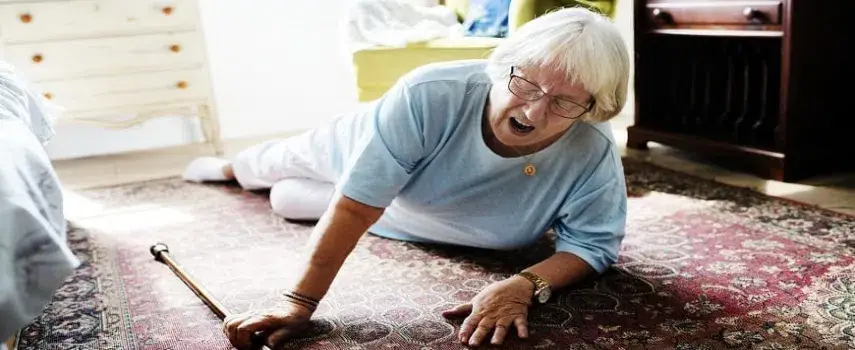If you need a nursing home accident attorney you have probably already experienced something horrible. Nursing homes exist to protect some of our most vulnerable citizens. After our elderly citizens have sacrificed everything to help us, we should be comfortable in knowing they are getting the care they deserve. Unfortunately, that is not always the case. The case below demonstrates what happens when a nursing home case goes through the court appeals process.
In this case, a defendant did not answer a complaint. In a lawsuit, the document which is filed with the court to start the lawsuit is called a Complaint. Once a Complaint is filed, it is then served on the defendant. Serving the defendant is, at its most basic, giving the Complaint to the defendant. After you do this, the defendant must file an official response. This official response is called an Answer. If the defendant does file an Answer withing the proper time, a nursing home accident attorney should generally file a default motion.
A default motion is a way of telling the court that the defendant has not filed the Answer on time. As a result of this motion, the court may allow the defendant more time. it is also possible that the court will enter a default judgment. If a default judgment is entered, the defendant will not be able to present a defense in the case. This means that the nursing home accident attorney will be able to present the case to the judge. The judge will then decide the value without any argument as to the accident happened. This hearing is called an inquest.
What Your Nursing Home Accident Attorney Should Do if a Defendant Ignores a Lawsuit

In this case, the defendant, Marcus Garvey Residential Rehab Pavilion, Inc. did not file an Answer on time.
The plaintiff’s nursing home accident attorney then moved for a default judgment,. The trial court granted that motion. This meant that the defendant would not have the chance to enter evidence on liability at a hearing. The defendant attempted to vacate this order.
That means the defendant appealed to a higher court so that the court and plaintiff would have to accept the Answer. In this case, the plaintiff passed away in the nursing home. The family filed a case against the defendant. They claimed that the defendant failed to prevent ulcers which would not have occurred had they properly paid attention to the plaintiff. This could be identified as a serious injury case.
Although plaintiff filed the Complaint in July, the defendant had still not put in an Answer by November. Therefore, in November, the nursing home accident attorney attempted to enter a default judgment. The court allowed them to enter default in February 2011. It was not until November 2012 that the defendant moved to vacate that order. That was more than a year after the default The defendant claimed that they were not served properly. Basically they claimed they were not given the lawsuit properly. They also claimed they had a reasonable excuse as to why it never answered.
The Result
The trial court had a hearing to decide if the defendant was given the lawsuit properly. They ruled that they were. However, the trial court also agreed that the defendant had a reasonable excuse as to why it did not put in an Answer. The nursing home accident attorney appealed. The Appellate Court ruled that the defendant’s excuse, which was that they “mishandled the pleadings internally” was not a sufficient excused. Therefore, the appellate court upheld the default, and the case was sent back to the trial court for the inquest hearing.


